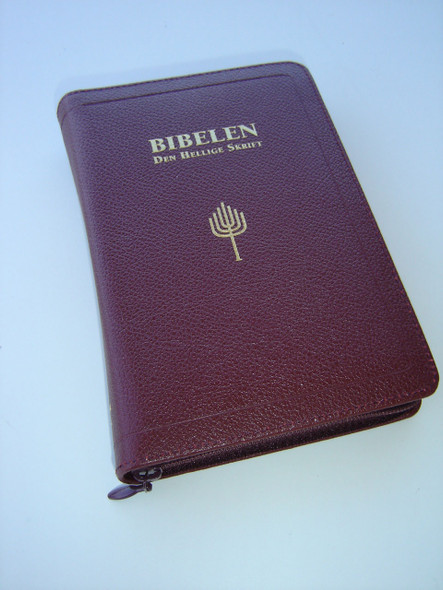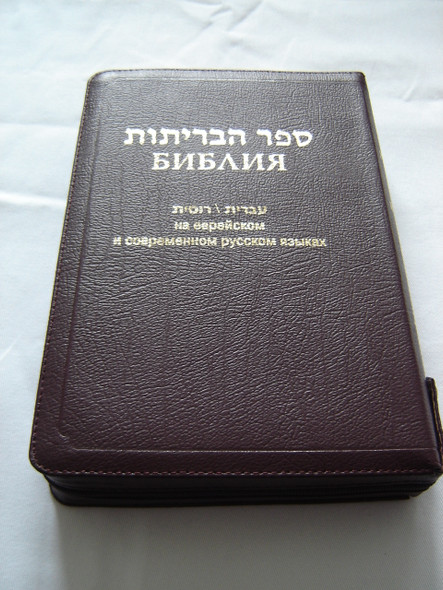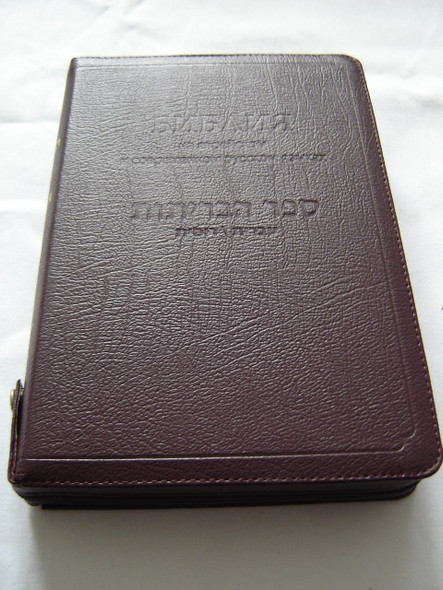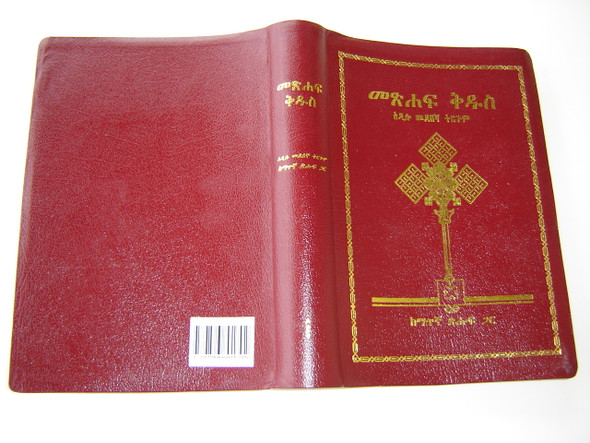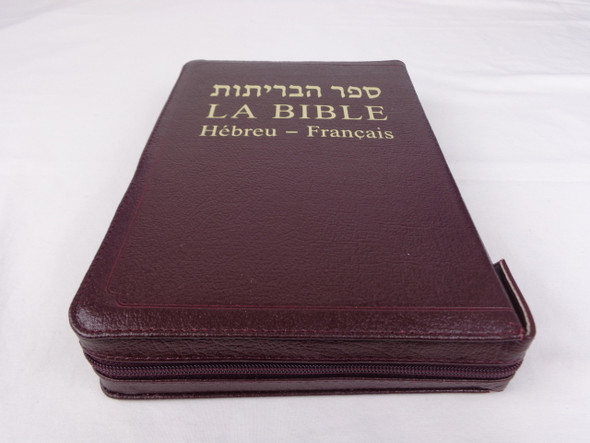Description
The Bible in Luganda / BURGUNDY Leather Bound with Zipper and Golden Edges / Ekitabo Ekitukuvu ekiyitibwa Baibuli Endagaano Enkadde n'Empya / From Uganda Africa / N037Z
Product Details:
- Binding: Leather Bound with Zipper
- Color: Burgundy with Golden Edges
- Publisher: Bible Society
- Publication Year: 2010
- Language: Luganda
- Country of Origin: Uganda, Africa
Description:
This is a leather-bound edition of the Bible in Luganda, a language spoken in Uganda. It features a durable burgundy cover with a zipper for safekeeping and golden edges for an elegant finish. This Bible is designed for both personal use and public worship, offering a physical manifestation of the sacred texts in a format that respects the cultural context of the Luganda-speaking community.
Key Features:
- Leather Cover: The burgundy leather cover provides durability and a sophisticated look, making it suitable for a range of settings from personal study to church podiums.
- Zippered Enclosure: The zipper ensures the pages remain protected, particularly useful for regular transportation or travel.
- Golden Edges: The golden edges give the Bible a classic and regal appearance, befitting its importance as a religious text.
- Luganda Language: This Bible is presented in Luganda, making it accessible and relevant to the Luganda-speaking community in Uganda and beyond.
Usage:
Ideal for Luganda speakers who are looking for a Bible in their native language. It can be used in a variety of religious contexts, including daily devotion, teaching, and community services. Its elegant design also makes it a meaningful gift for special occasions in the religious life of individuals.
Audience:
Targeted towards the Luganda-speaking population in Uganda and the diaspora, this Bible serves as an essential spiritual resource for individuals and churches. It's also valuable for linguists and cultural historians interested in religious literature in African languages.
Cultural and Religious Significance:
The availability of the Bible in Luganda represents an important aspect of cultural preservation, providing spiritual nourishment in a language that resonates deeply with its readers. It's an affirmation of the language's value and a testament to the significance of making religious texts accessible in indigenous languages.








